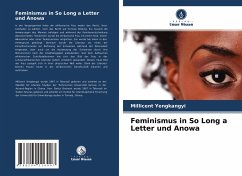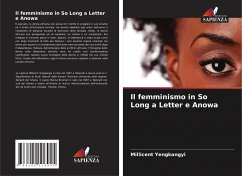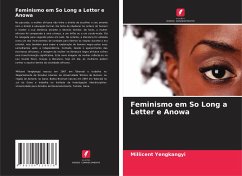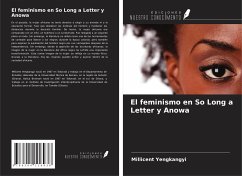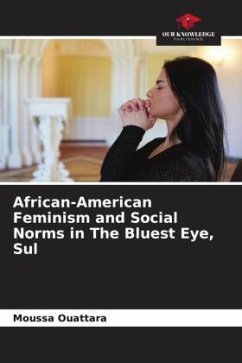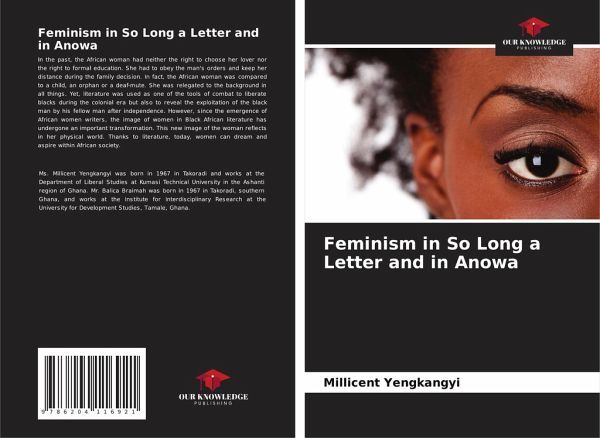
Feminism in So Long a Letter and in Anowa
Versandkostenfrei!
Sofort lieferbar
34,99 €
inkl. MwSt.

PAYBACK Punkte
17 °P sammeln!
In the past, the African woman had neither the right to choose her lover nor the right to formal education. She had to obey the man's orders and keep her distance during the family decision. In fact, the African woman was compared to a child, an orphan or a deaf-mute. She was relegated to the background in all things. Yet, literature was used as one of the tools of combat to liberate blacks during the colonial era but also to reveal the exploitation of the black man by his fellow man after independence. However, since the emergence of African women writers, the image of women in Black African ...
In the past, the African woman had neither the right to choose her lover nor the right to formal education. She had to obey the man's orders and keep her distance during the family decision. In fact, the African woman was compared to a child, an orphan or a deaf-mute. She was relegated to the background in all things. Yet, literature was used as one of the tools of combat to liberate blacks during the colonial era but also to reveal the exploitation of the black man by his fellow man after independence. However, since the emergence of African women writers, the image of women in Black African literature has undergone an important transformation. This new image of the woman reflects in her physical world. Thanks to literature, today, women can dream and aspire within African society.





